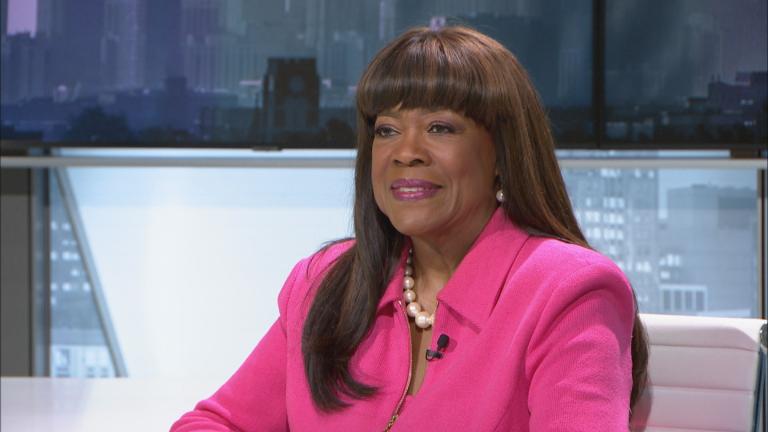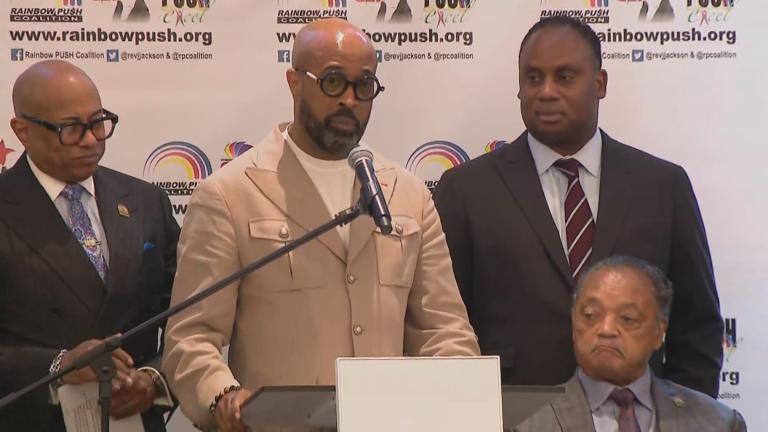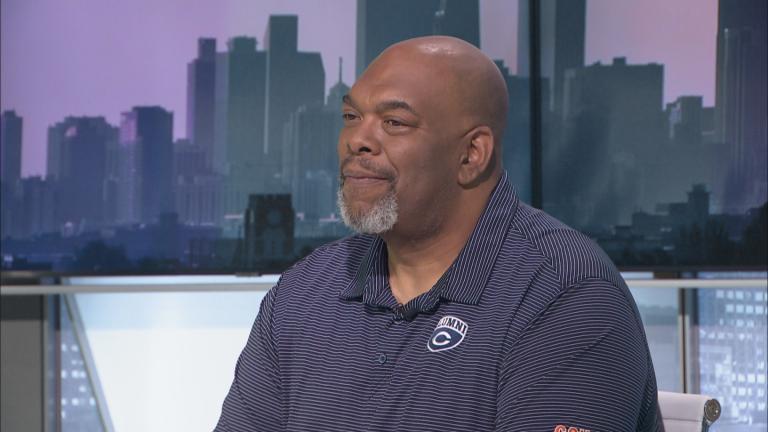When the Black-owned hair care company Mielle Organics merged with Procter and Gamble Beauty earlier this year, it sparked discourse in Black communities about the potential ripple effects that come as Black-owned businesses gain increased attention and support.
Timbra Dye, lead creative strategist at Target headquarters, believes the new partnership is a great opportunity for Black female entrepreneurs like herself.
“Support and retention really do require a level of investment and intention,” Dye said. “It takes a lot of resourcing financially to create a product. Not just to create the product, but also to put it in the hands of consumers.”
The merger also sparked concern among some people online who feared that Black-owned businesses get opportunities for growth only when they receive recognition from outside Black communities, or that the products for the intended target audience will change as Black-owned businesses scale up. The merger came at a time when Mielle Organics’ Rosemary Mint Scalp & Hair Strengthening Oil grew in popularity after being promoted by a White Tik Tok influencer.
Read More: Like a Boss: Hair Care Entrepreneur Shares Experience as a Black Businesswoman
Mielle Organics was founded in 2014 and describes itself as a “Black-founded, woman-led global beauty brand that is rooted in natural ingredients.” Under the merger, Mielle Organics will operate as an independent subsidiary of P&G Beauty; the company will be led by Mielle Organics CEO Monique Rodriguez and COO Melvin Rodriguez.
Brenda Johnson, licensed cosmetologist and natural hair care beautician at BStyles Beauty, believes that the new partnership is a reason to celebrate and that it’s important for Black people to see themselves in the products they use.
“It’s taking our hair into our own hands,” Johnson said. “Since childhood, we just used what we’ve known, we didn’t really know what was in it and the ingredients, and what it was doing for our hair. But as we’ve gotten older and more Black hair companies have been investing and learning what we need for our hair, it’s been profitable.”








